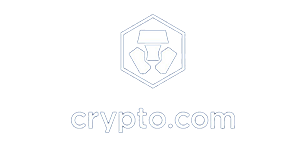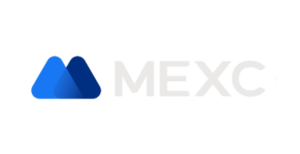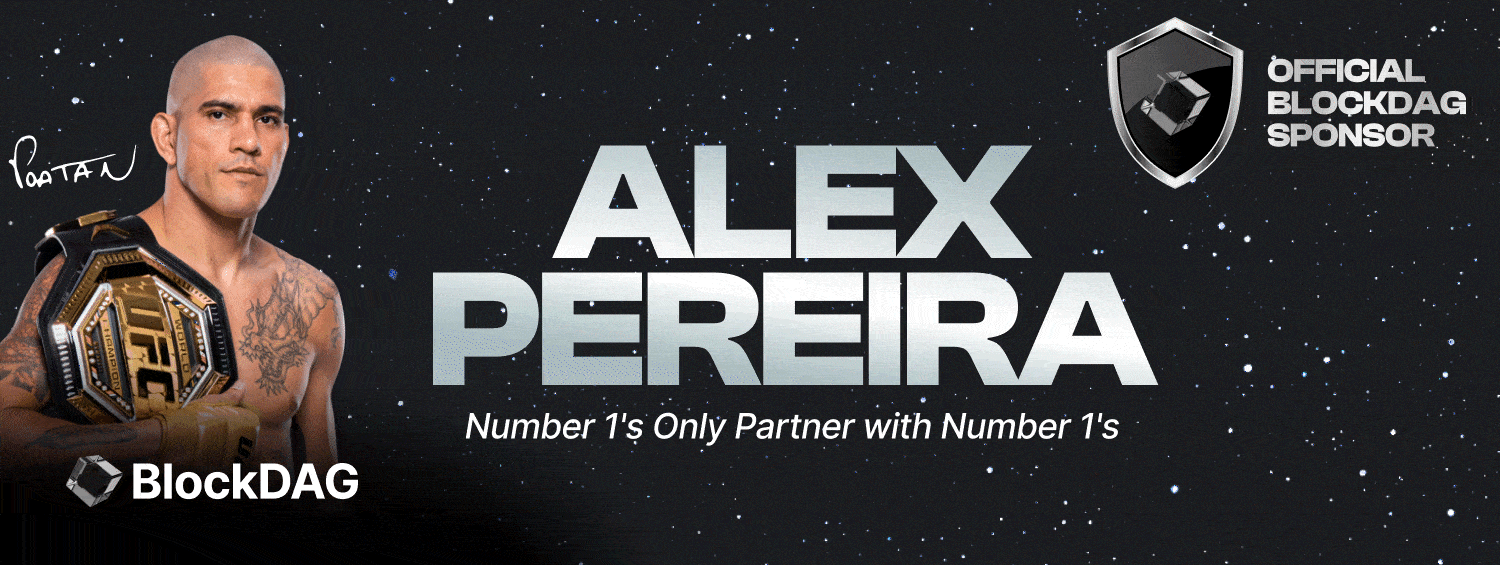
The advent of Web3, the next evolutionary stage of the internet, is poised to bring transformative changes across various sectors, including global security. Characterized by decentralization, blockchain technology and enhanced user control, Web3 promises a more secure, transparent and equitable digital world.
Here’s a closer look at how Web3 will revolutionize global security and some practical steps for business leaders to prepare for this shift.
1. Decentralization: Reducing Single Points Of Failure
One of the core principles of Web3 is decentralization, which distributes data and control across a network of nodes rather than relying on a central authority. This fundamental shift can significantly enhance security by eliminating single points of failure that are vulnerable to cyberattacks.
Start exploring decentralized infrastructure solutions for your business. Evaluate decentralized cloud storage options and consider integrating decentralized applications (dApps) to minimize reliance on centralized servers.
2. Blockchain: Ensuring Data Integrity And Transparency
Blockchain technology, a cornerstone of Web3, offers unparalleled data integrity and transparency. Each transaction or piece of information recorded on a blockchain is immutable and verifiable by anyone with access to the network. This level of transparency makes it much harder for malicious actors to alter data or perpetrate fraud without being detected.
Implement blockchain tech for critical data logging and auditing processes. It’s particularly useful in sectors like finance, supply chain and healthcare, where data integrity is paramount. This not only enhances security but also builds trust with your stakeholders.
3. Enhanced Privacy And Control
Web3 empowers users with greater control over their personal data. Through decentralized identity solutions, individuals can manage their digital identities without relying on centralized entities that often exploit personal information. Users can selectively disclose information, ensuring privacy while maintaining security.
Adopt decentralized identity solutions for your customer and employee data management. Educate your team about the benefits of these solutions and encourage their use to enhance privacy and security.
4. Smart Contracts: Automating And Securing Transactions
Smart contracts are self-executing contracts with the terms directly written into code. These contracts automatically enforce and execute agreements when predefined conditions are met, eliminating the need for intermediaries. This automation not only streamlines processes but also reduces the potential for human error and fraud.
Begin integrating smart contracts into your business operations. Start with simple, repetitive tasks such as payment processing or compliance checks to see immediate benefits in efficiency and security.
5. Decentralized Autonomous Organizations (DAOs): Democratizing Decision Making
DAOs are organizations governed by smart contracts and consensus mechanisms rather than centralized leadership. This decentralized approach to governance ensures that no single entity can unilaterally make decisions that impact the entire organization. DAOs can enhance security by promoting transparency, accountability and collective decision making, reducing the risk of corruption and centralized abuse of power.
Consider experimenting with DAO structures for certain projects or departments within your organization. This can provide valuable insights into more democratic and transparent decision-making processes.
6. Enhanced Cybersecurity Measures
Web3 introduces advanced cybersecurity measures through decentralized and cryptographic technologies. For instance, decentralized storage solutions distribute data across multiple nodes, making it significantly harder for hackers to gain unauthorized access. Additionally, blockchain’s inherent security features, such as cryptographic hashing and consensus algorithms, ensure data integrity and protect against cyberattacks.
Update your cybersecurity protocols to include Web3 technologies. This may involve training your IT staff on blockchain security practices and integrating decentralized cybersecurity tools.
7. Trustless Systems: Reducing Dependence On Trust
In Web3, the concept of “trustless” systems becomes a reality. Participants can interact and transact without needing to trust a central authority or intermediary. This is achieved through cryptographic proofs and decentralized consensus mechanisms that ensure the validity and security of transactions. Trustless systems reduce the risk of fraud and increase the overall security of digital interactions.
Transition to trustless systems for transactions and interactions where possible. This can significantly reduce fraud risks and enhance the security of your business operations.
8. Resilience Against Censorship And Control
Web3’s decentralized nature offers resilience against censorship and authoritarian control. In a decentralized network, it becomes much more challenging for any single entity, including governments, to censor or manipulate information. This resilience is particularly crucial in regions with restrictive regimes, as it empowers individuals to access and share information freely and securely.
For businesses operating in or interacting with regions prone to censorship, consider adopting Web3 technologies to ensure the free flow of information. This can help safeguard your communications and data from undue interference.
Preparing For The Challenges
While Web3 presents numerous benefits, transitioning to this new paradigm isn’t without challenges. Here are some potential hurdles and strategies to overcome them.
• Technical Complexity: Web3 technologies can be complex and require new skill sets. Invest in training and hiring experts to bridge this knowledge gap.
• Regulatory Uncertainty: The regulatory landscape for Web3 is still evolving. Stay informed about regulatory developments and engage with policymakers to help shape favorable regulations.
• Integration Costs: Adopting new technologies often involves significant upfront costs. Plan for a phased implementation to spread out expenses and minimize disruption.
Web3 represents a paradigm shift in how we interact with digital technologies, bringing about significant advancements in global security. By leveraging decentralization, blockchain technology, enhanced privacy and smart contracts, Web3 creates a more secure, transparent and equitable digital landscape. As business leaders, it’s crucial to understand these changes and proactively adapt to harness the full potential of Web3, ensuring a secure future for your organization.


























